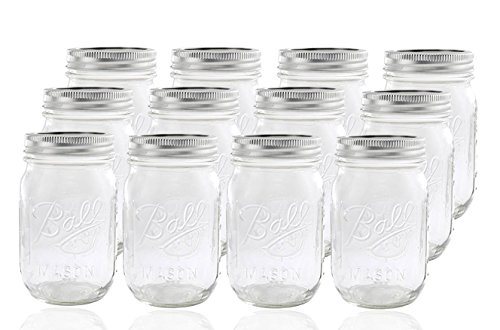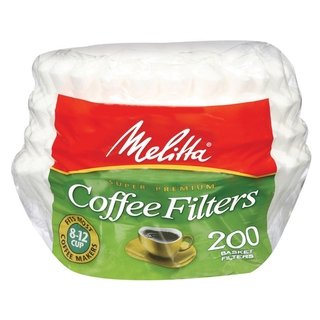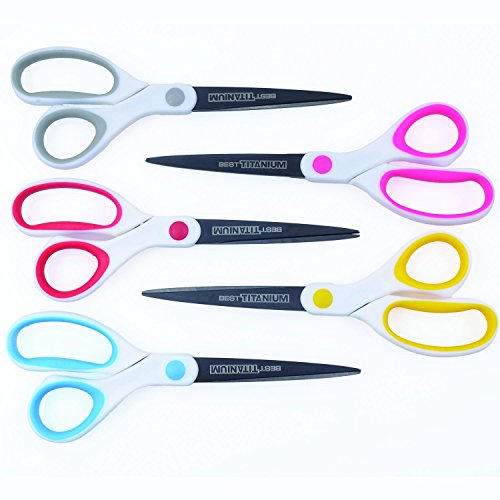This Valentine’s Day, learn all about marker chromatography combined with love when you make this chromatography experiment with markers!
If you’re not familiar with chromatography, it is the extraction of all color layers from a single color. You can do it with natural leaves, flowers, permanent markers, paint, and nearly anything with pigment. In this version, we’re using washable markers.
However, I suggest using alcohol-based markers and rubbing alcohol for more spectacular results.
But, since we did our Valentine STEM activity with my preschooler, I thought washable markers and water would be safest for my sanity and the state of my furniture.

After trying this version, try our leaf chromatography, and ghost chromatography science experiments!
Related: More Valentine’s STEM Activities and Science Projects!
How to do the Heart Science Project Chromatography Experiment
This simple marker chromatography science project is fun, colorful, and easy! Kids will be fascinated to see all the colors hiding in their markers.
YOU’LL ALSO LIKE: THE ULTIMATE LIST OF VALENTINE SLIME RECIPES
WHAT YOU’RE LEARNING WITH VALENTINE MARKER CHROMATOGRAPHY
The colors we see are influenced by colored molecules. Most markers are made from synthetic colors, artificially prepared in a lab. Colors are made by blending other colors together to make another color.
Our eyes see the finished product, but it turns out, there are a lot of colors hiding behind the color that we see. The Valentine marker chromatography experiment is a process that separates the colors from one another so you can see the other colors hiding in your marker colors.
What you’ll need for the chromatography project:

Disclaimer: This post contains affiliate links at no cost to you for your convenience.
Crayola Ultra-Clean Washable Markers, Broad Line, 40-Count12 Ball Mason Jar with Lid – Regular Mouth – 16 oz by Jarden
Melitta Coffee Filters, Basket, Pack Of 600
Home-X Wooden Clothespins. Set of 50.
Dixon Ticonderoga Wood-Cased #2 HB Pencils, Box of 96, Yellow (13872)
Best Titanium Scissors – 5 Pack – 8
- White coffee filters
- Washable markers
- 1 jar for each color of marker (we did 3)
- 1 clothespin for each jar
- 1 pencil for each jar
- Scissors
How to do the valentine chromatography experiment with markers
Cut your coffee filters into a heart shape. Make your hearts long and skinny, so that they are basically rectangular in shape. We found that fat hearts didn’t spread the color out properly.
So keep things skinny. Try to make your hearts no more than 2 inches across.
 Color a square of marker in the center of each heart near the rounded top. Leave most of the bottom uncolored.
Color a square of marker in the center of each heart near the rounded top. Leave most of the bottom uncolored.
Suspend each heart in the center of the jar using a clothespin and pencil. Place the rounded part of the heart near the bottom of the jar.
 Add just enough water to barely touch the tip of the heart.
Add just enough water to barely touch the tip of the heart.
Wait about 30 minutes.
You should already see the color start to spread!
Take out the coffee filters when the coffee filter is wet up to the pencil. This can take just 30 minutes or it could take almost an hour.
Unroll the hearts and let them dry.
Inspect the colors. In our version, we found that pink actually had the widest variance in color!
VALENTINE MARKER CHROMATOGRAPHY STEM INTEGRATION

Science: Solutions, color theory, chromatography
Technology: Record your results with a video camera or take pictures as you work.
Engineering: Experiment with using different shapes for your test strips.
Math: Calculate how long it takes for the liquid to reach the top of the jar. Measure how much liquid is necessary for the liquid to reach the bottom of the paper
More Heart Science Projects
If you need more heart science projects, you’ll love the 3D model of a heart project that we did to learn about what a heart really looks like!
You can also try making a squishy circuit light-up heart science project or try the dancing candy heart experiment!
Check out the complete list of heart science projects here.








